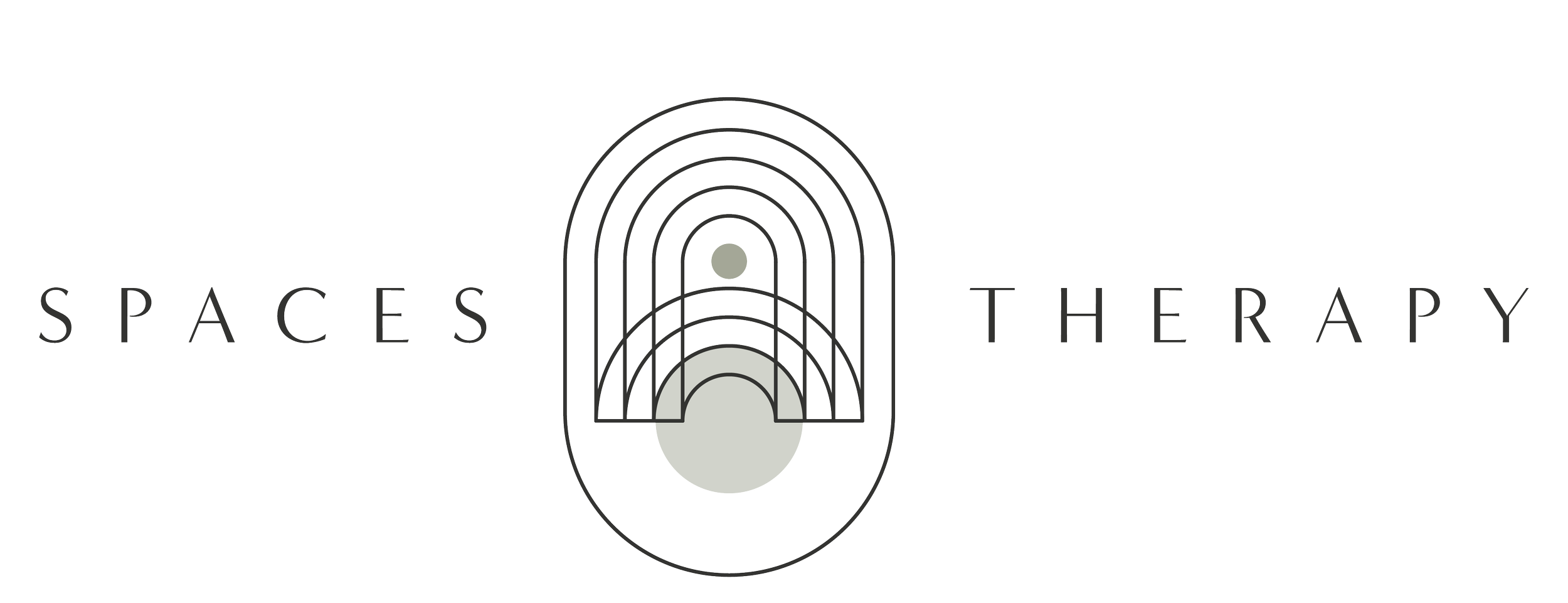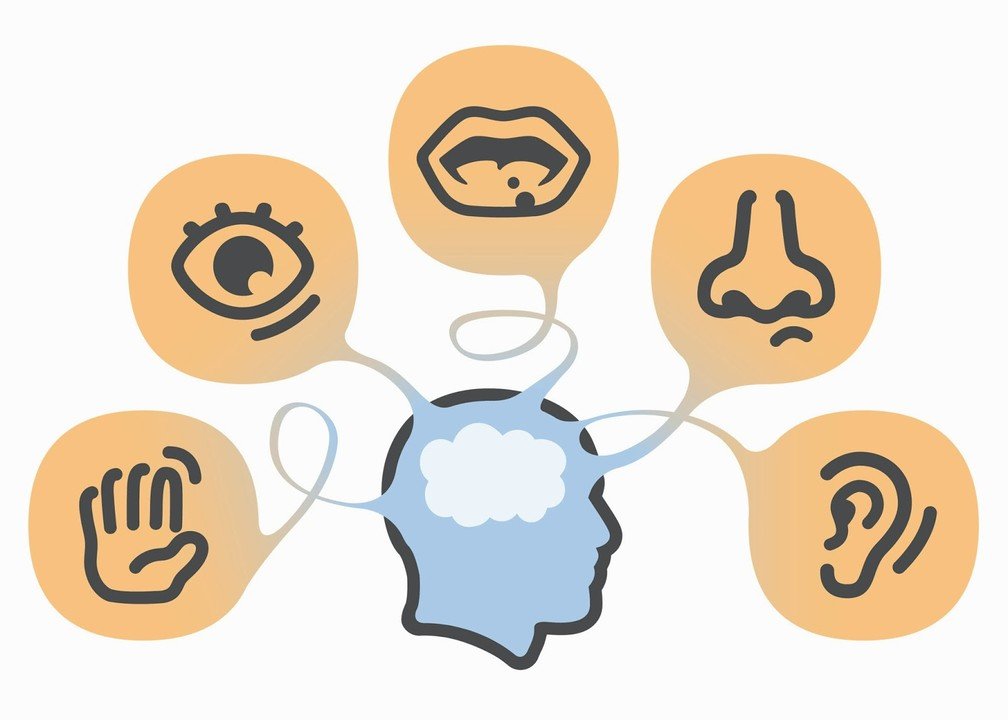Life is full of challenges, responsibilities, and unexpected twists—and it's completely normal to feel overwhelmed from time to time. But how do you know if what you're experiencing is everyday stress… or something more like anxiety?
Read MoreIn any relationship, communication is key—but in couples therapy, active communication becomes the foundation for healing, understanding, and growth. If you've ever felt like your partner isn’t hearing you, or if conflicts spiral without resolution, this concept could be the game-changer you’ve been looking for.
Read MoreYou don’t need to have it all figured out. Your first therapy session is simply a starting point—a chance for you and your therapist to get to know each other and begin building a relationship based on trust, safety, and understanding.
Read MoreToxic masculinity refers to cultural norms and expectations that define "real" manhood in narrow, harmful ways. These norms often discourage emotional expression, promote dominance over others, and equate vulnerability with weakness.
Read MoreRecognizing that you have experienced trauma is the first step toward healing. Many individuals struggle with invalidating their experiences, thinking they are overreacting. Seeking support from a therapist who understands religious trauma can be instrumental in validating your emotions.
Read MoreIn a city like Los Angeles that can feel fast paced and isolating, finding a safe space to express emotions and share struggles can be challenging. Group therapy offers a powerful avenue for healing, growth, and support.
Read MoreThe holidays can be a wonderful time of connection, celebration, and reflection, but they can also be challenging for many of us when it comes to our relationships with our bodies. Amid festive meals, well-meaning but unsolicited comments, and the pressures of New Year’s resolutions, staying grounded in body neutrality can feel like a tall order. But it is possible. Here’s how you can navigate this season with compassion, curiosity, and a focus on what truly matters.
Read MoreAt Spaces, we’ve worked with couples across cultures, stages, and struggles and the decision to seek therapy often represents both a risk and an act of courage. Therapy is not simply a place to “fix” what feels broken—it’s a place to understand, to reveal, to question, and, sometimes, to redefine. So, how do you know when it’s time?
Read MoreHealers Hang, Fall 2024 Gallery - Bringing our healing community together for our semi-annual mixer. If you're a healing professional and you aren't currently on our invite list, please join our list, linked in the post.
Read MoreWhile some families may enjoy stress-free holidays together, others may face more challenging dynamics, such as unresolved conflicts, unsolicited advice, or criticism. Boundaries are a way to communicate what feels safe, comfortable, and respectful for you. When set with care, they can lead to more authentic, enjoyable interactions with family members.
Read MoreOur culture tends to compartmentalize grief, to privatize and pathologize it, to render it something to be overcome or dismissed. In the West, we regard grief as something to “get over” as though it’s a temporary malady we should quickly recover from. Yet grief is not a single event but an abiding relationship.
Read MoreChoosing a therapist is a deeply personal journey, and finding the right match can be crucial to the success of your therapy experience. A good therapeutic relationship isn’t just scheduling sessions—it’s about building a trusting, comfortable, and productive partnership.
Read MoreVergence is a technique that was developed out of a type of therapy called brainspotting. It uses your changing eye movements to help reduce anxiety and panic symptoms.
Read MoreGrounding is a part of mindfulness in which you are directing your thoughts away from distressing thoughts/experiences and guiding it toward the present. This can be particularly helpful when feeling overwhelmed by certain thoughts or emotions. Grounding techniques are designed to help individuals dealing with trauma, panic attacks, or other intense emotional experiences.
Read MorePlay therapy is a widely used therapeutic method that capitalizes on a child’s natural curiosity and propensity toward play to help uncover and address underlying emotions and psychological distress. There can be misconceptions about how play can be used therapeutically. Here are some common myths about play therapy as well as the reasoning behinds its effectiveness.
Read MoreApril marks Autism Acceptance Month, a time to celebrate and raise awareness for the autism community. Autism spectrum disorder (ASD) is a complex developmental disorder that affects how individuals interact and communicate with others. However, it is important to note that autism is a spectrum, and each person’s experience of autism is unique.
Read MoreGrief is defined as “deep sorrow, especially that caused by someone's death.” This definition, although technically true, doesn’t quite reflect the magnitude of grief. It fails to capture the completely overwhelming feelings of loss, emptiness, and despair that accompany grief. We all go through grief at one stage of life or another, and it's a universal experience that we can find connection in.
Read More

















